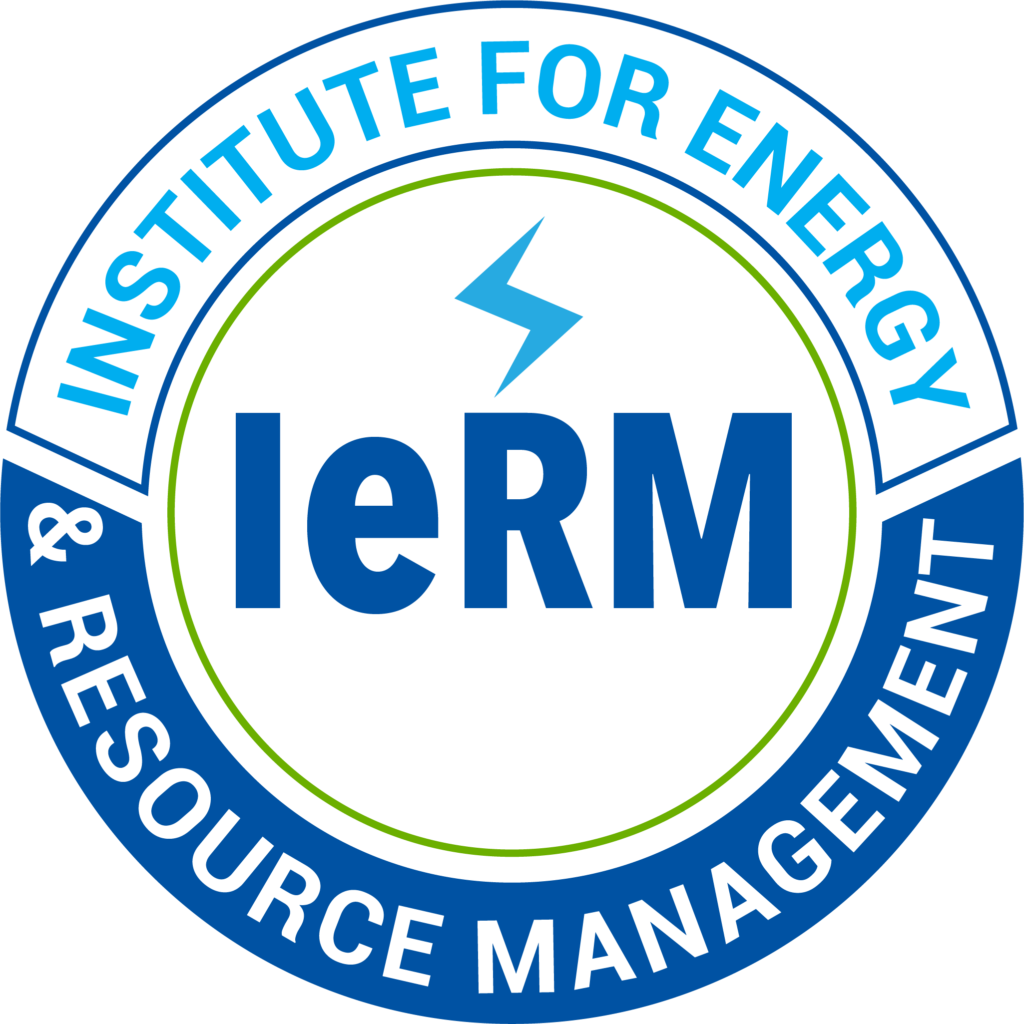With Philipp Schmidt-Pathmann Hello again! It’s Philipp here, with another episode of Talking’ Trash. In our first two segments, we looked at landfill industry trends, and learned that trash can be a real cash cow for a few private companies. Today let’s take a detailed look at how the…
With Philipp Schmidt-Pathmann Hey, its Philipp again, with the next installment of Talkin’ Trash. In the last episode, we saw that the landfill industry is becoming more privatized, and more consolidated. Today we’re going to look at why that’s happening, and what it means for you. As to why it’s…
With Philipp Schmidt-Pathmann Hello, everyone, Philipp here. We’re hearing a lot about income inequality these days, and I thought it might be interesting to take a look at the economics of landfills, and the companies that operate them. The results might surprise you – or make you angry. In 1984,…
An Interview with Philipp Schmidt-Pathmann President and CEO of IeRM ((Note: We asked Mr. Schmidt-Pathmann for his views on climate change, global efforts to mitigate the problem, and what he thought would be most effective. This is the first segment of his remarks, which have been edited for continuity.)) Over the past summer, we’ve seen ample evidence of climate change: excessive heat and drought, wildfires out of control, tropical storms more powerful and more damaging than ever before, flooding, loss of beach front – the list goes on. And while people seem to be waking up to the problem, there are very few if any proposals for action now. Some want to switch to renewable energy – 50% by 2050. Some look around for someone or something to blame – big coal, big oil. And some just throw up their hands and say, “what can we do, when China and India won’t cooperate.” The honest and sad truth is that we’ve dug ourselves a pretty deep hole, and we can’t wait for the world’s leaders to get together at their next summit and argue about reduction targets and revised timetables. We also have to recognize that we, as individuals, need to accept some responsibility for both the problem and the solutions. That means, to put it bluntly, changing our behavior. One area where we, as individuals, can have an impact pretty quickly is waste management. But wait, you say, that’s a government…
Understanding waste-to-energy’s financial and environmental impact in King County. By Cameron Sheppard King County officials are proposing and exploring more sustainable alternatives to the massive Cedar Hills Landfill, including the burning of waste through waste-to-energy systems. Questions and concerns have been raised regarding some of the potential externalities WTE could have on the…




